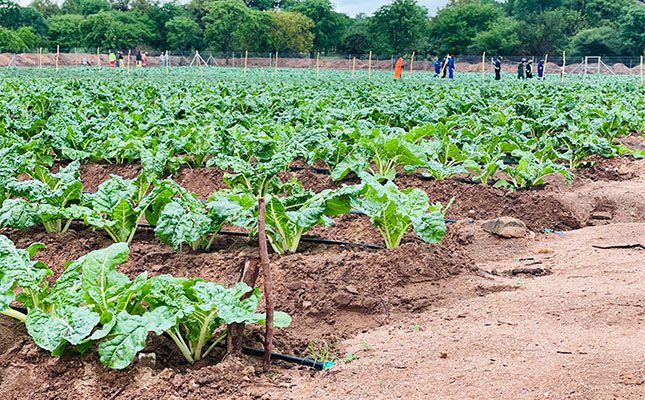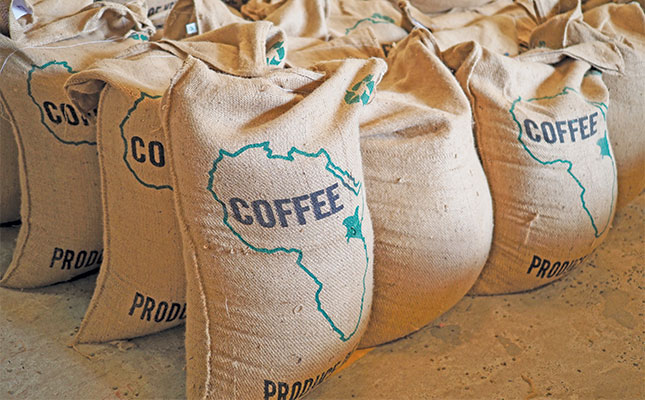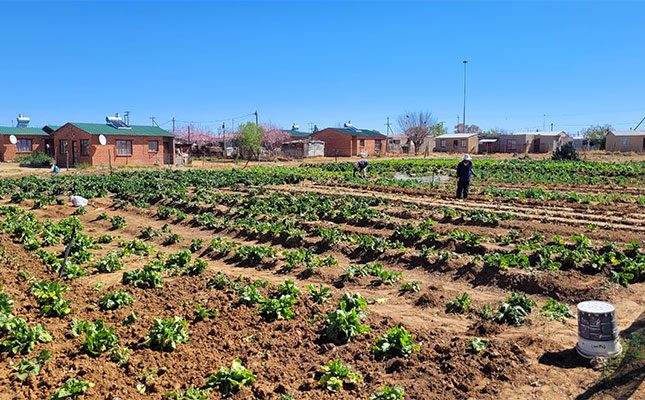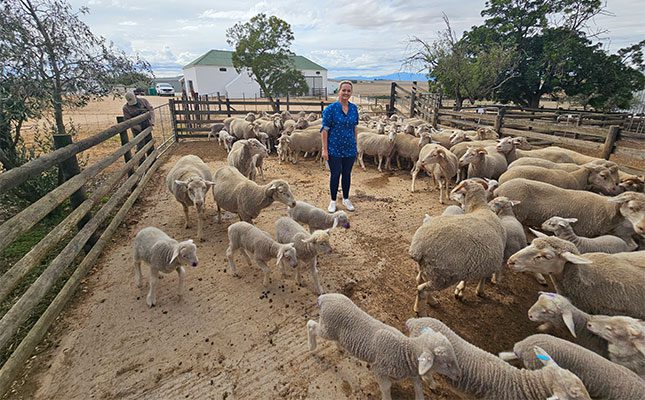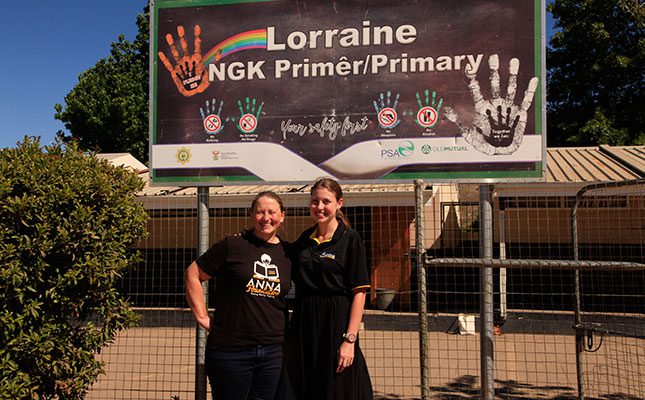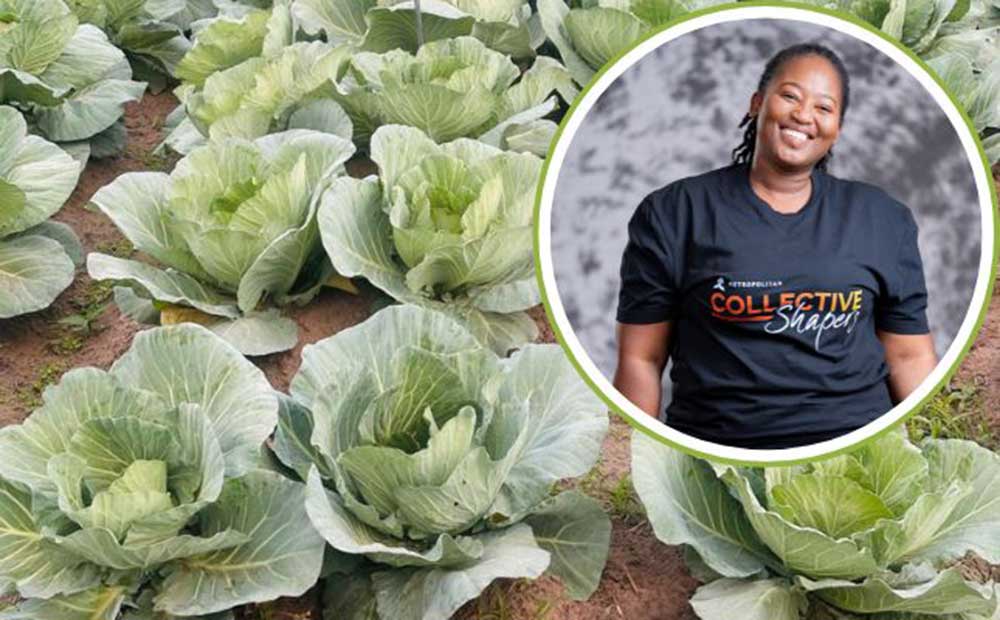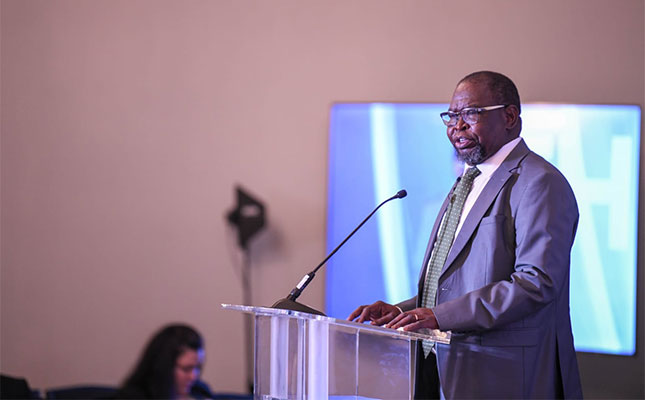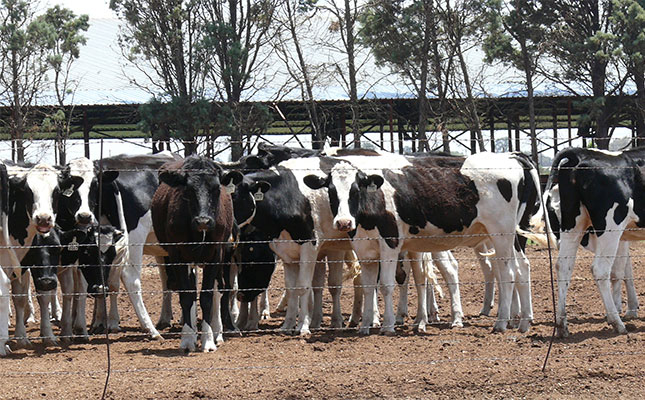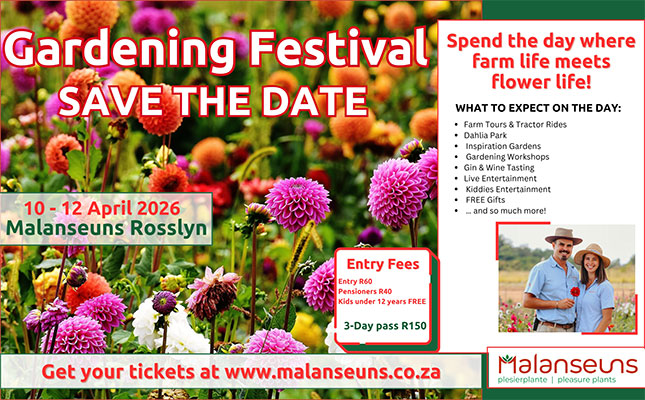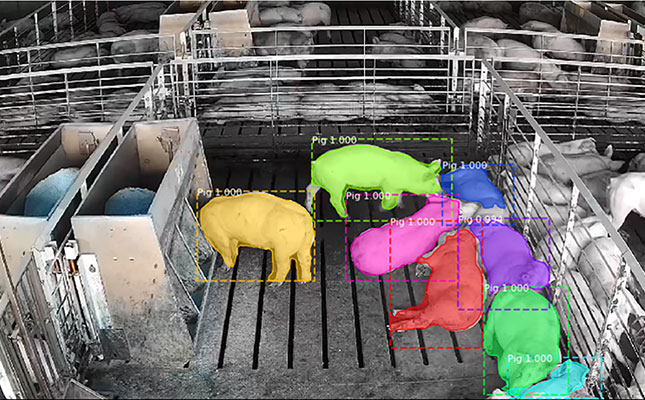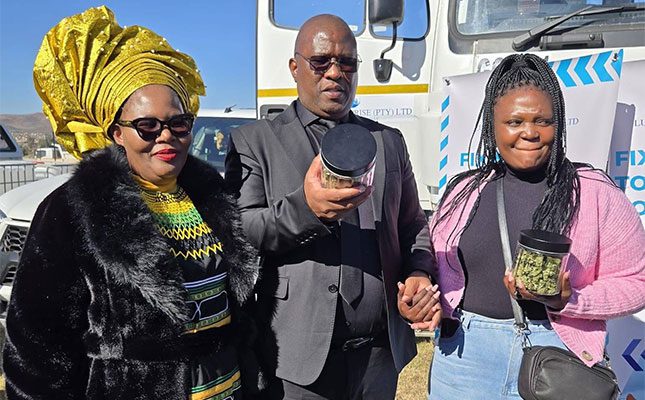
Songo says support from the Eastern Cape Rural Development Agency (ECRDA) had a major and significant impact on her business, helping ease high input costs and providing valuable information.
“The ECRDA supported me by providing hemp seeds to help start my cultivation. This assistance was important, because sourcing quality seeds is one of the biggest hurdles for new hemp farmers,” she explains.
The agency also linked Songo to farmer networks and industry stakeholders, a crucial aspect of farming, and continues to provide her with advisory support.
Bonani Entities is more than a business; it’s a powerful testament to the belief that land, innovation, and community can collectively sow the seeds of economic empowerment and sustainable development in rural areas.
Songo applied for a hemp cultivation permit in 2022 after researching the industry, legislation, and market opportunities.
“That was the first major step in my hemp farming journey. For the first two years, I focused on learning, planning, and experimenting with small-scale cultivation while building industry connections,” she says.
Last year, Bonani Entities was registered as a formal business to manage operations, expand cultivation, and prepare for agro-processing in the future.
“This was an important step in ensuring my farming vision could grow beyond cultivation into value-added production,” says Songo.
Cultivation
Songo has 50ha of land approved for hemp cultivation. While her business is in the early commercial stages, she has an offtake agreement with Medigrow, providing stability in a volatile market.
Currently, Songo produces hemp in warmer months on open fields but wants to explore undercover farming for year-round production. She plants directly from seed.
Songo also incorporates her indigenous knowledge, using ash and herbal sprays made from onion and garlic as pest repellents, and planting companion plants to deter pests. She uses organic compost and manure-based fertilisers to keep her operation environmentally friendly.
“Hemp is naturally low-maintenance, but we still monitor growth, manage weeds, and do light pruning if needed to ensure healthy development,” she says.
She employs local youth during planting, weeding, and harvesting, and aims to employ full-time staff as her operation scales up.
Why hemp?
Songo says hemp holds enormous potential across multiple industries.
“It’s highly sustainable, requires less water than many traditional crops, and grows quickly. From one plant, you can produce textiles, food, biofuel, cosmetics, paper, and even construction materials. This versatility opens multiple business opportunities,” she explains.
“Another reason I chose hemp is that the South African cannabis industry is still developing, and very few black rural women are participating in it. I saw this as a chance to take a seat at the table early.”
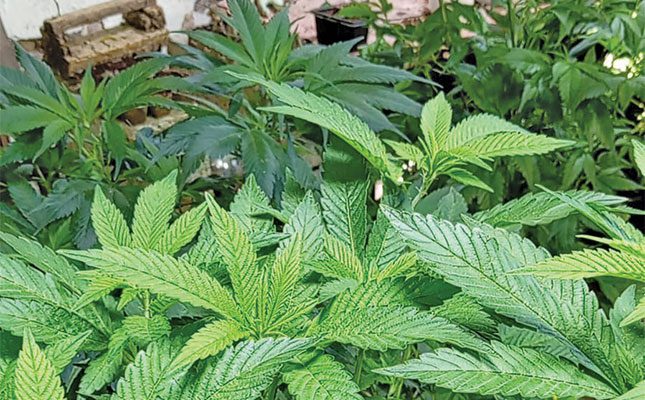
She adds that her business isn’t just about planting and growing hemp; it’s about creating a brand that exists across the agricultural value chain.
“We want to use our hemp to create hemp-infused water from our farm’s natural spring water. I want Bonani Entities to be known for combining nature, health, and innovation.”
Songo explains that growing hemp farming aligns with her environmental values, as it can improve soil health, fits into crop rotation, and produces zero waste when fully processed.
Challenges
Songo’s biggest hurdle so far has been accessing funding.
“Hemp cultivation requires specific seeds, irrigation, tools, and labour, and these costs can be high. For emerging farmers, especially women, securing capital or loans is often a long and frustrating process,” she says.
The lack of processing facilities in rural areas is another challenge, and without local processing, farmers are often forced to transport produce far great distances, which increases costs and limits profit margins.
“The stigma around cannabis is also a real barrier. Even though industrial hemp is legal and non-psychoactive, some community members still associate it with illegal drugs. This sometimes leads to a lack of community support, and, as a woman, you’re sometimes underestimated or not taken seriously in the agricultural space.”
Advice
Songo’s advice to up-and-coming farmers is to do their research on compliance and make sure they understand the market.
“Build networks and look for partnerships. Start small if you must, but just start. Don’t let fear or lack of resources hold you back; there are support organisations out there. Most importantly, believe in your vision. The hemp industry needs more women’s voices, and our perspective is valuable not just for diversity but also for shaping the future of sustainable agriculture.”
For more information phone Sive Songo on 066 137 3974.

